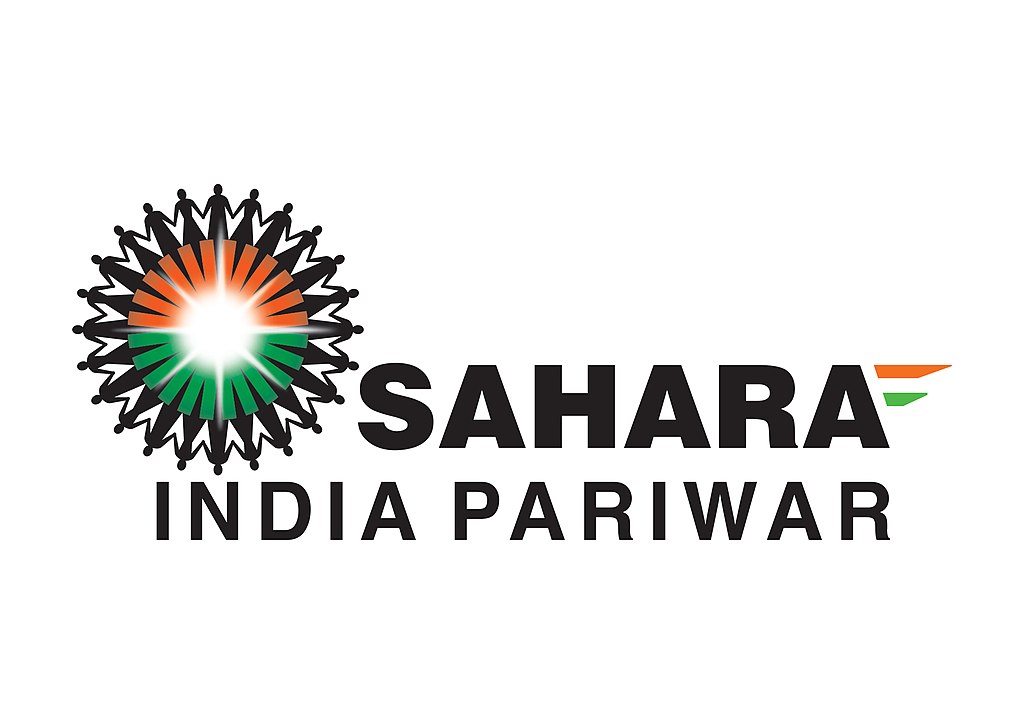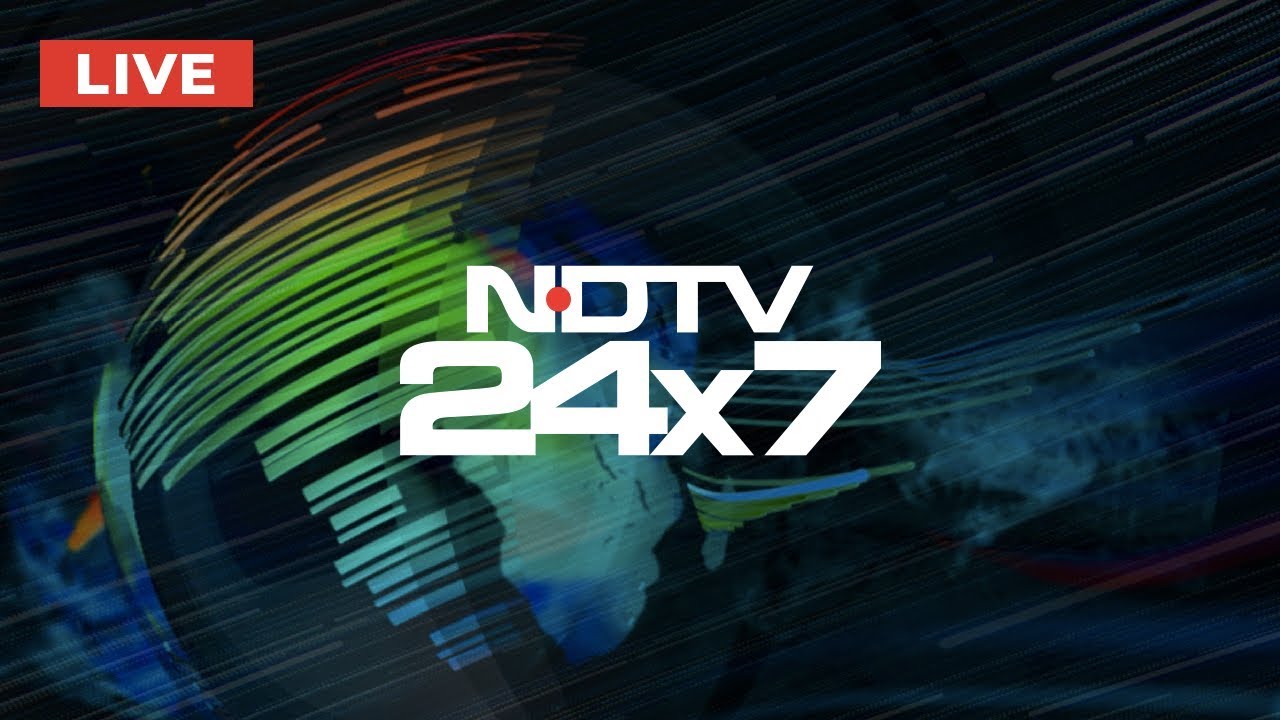In this Capitalistic led world, there is always a power divide between organizations and the government. While this is not a new trend, several organizations in India have faced the consequences, including being shattered or disbanded, for going against the government.
The recent turn of events between the BBC and BJP has led to tensions between the two after BBC released the two-part documentary series, India: The Modi Question, which highlighted the role of Narendra Modi, who was then the chief minister of Gujarat, played in violent Hindu-Muslim riots that highlighted the cracks in the Gujarat state in 2002 and left more than 1,000 people dead.

Image Courtesy: Delhi Magazine
BBC offices in India have been raided by tax department officials, just weeks after the release of a documentary critical of the prime minister, Narendra Modi, which was later blocked by the government. According to those employees at the organization, numerous officials from the income tax department raided the BBC offices in Delhi and Mumbai, to conduct a “survey”. Documents and phones of several journalists were taken and the offices were sealed.
Companies have always spent money on trying to improve their reputations. However, it is essential to note that there are often complex and nuanced reasons behind the actions and reactions of both the government and the organizations involved. As some legends state, “It’s Complicated!!”
Let’s Look At The Companies That Have Had To Payback In The Past…
Sahara India Pariwar
The company faced legal action and financial penalties for not complying with regulatory requirements set by the government. In 2011, the Securities and Exchange Board of India (SEBI) ordered Sahara to repay billions of dollars to investors who had bought bonds from the company. In 2012, the Income Tax Department also conducted raids on Sahara offices and seized documents related to alleged tax evasion.

In 2014, Sahara’s founder, Subrata Roy, was arrested and spent over two years in jail for contempt of court, after failing to appear before the Supreme Court in connection with the SEBI case. He was eventually released on bail in 2016, but the case remains unresolved.
Vodafone
In 2012, the Indian government retrospectively amended the tax laws to demand that Vodafone pay $2 billion in taxes for its acquisition of Hutchison Whampoa in 2007. Vodafone refused to pay, arguing that the tax demand was unconstitutional, but the Indian courts ruled against the company, and it eventually had to pay the amount.

Vodafone has suffered in the Indian market and had to tag along with Idea into a merger, named “VI”.
NDTV
In 2017, the Central Bureau of Investigation (CBI) raided the offices of NDTV, a prominent news channel in India, over allegations of financial irregularities. The channel and its founders have denied any wrongdoing, and the case is still ongoing.

NDTV remained to be one of the top channels that went against the government and heavily criticized them. But after Adani Group took over the majority of the shares in the company, many journalists and old workers left the company and this saw a decline in the channel’s viewership.
Ford India
In 2018, the Tamil Nadu government ordered the closure of the Ford India plant in Chennai for a day after workers staged a strike in protest against the company’s decision to terminate 26 employees. The government also ordered an inquiry into the matter.
![]()
Ford was not able to hold the market in the country and has now pulled off from expanding in the country and exiting the country with no certainty of a return anytime soon.
In 2021, the Indian government ordered Twitter to remove tweets and accounts critical of its handling of the farmers’ protests. When Twitter initially refused to comply, the government threatened the company with legal action, and eventually, Twitter blocked some accounts and tweets. The incident sparked a wider debate about freedom of expression and the power of social media platforms.

In May 2021, WhatsApp filed a lawsuit against the Indian government over new rules that require social media companies to identify the “first originator” of messages that authorities deem to be illegal or harmful.

WhatsApp argued that the new rules would violate user privacy and undermine end-to-end encryption, and it sought a declaration that the rules were unconstitutional. However, the Indian government defended the rules, arguing that they were necessary for national security and to prevent the spread of fake news and misinformation.
The conclusion of this case saw WhatsApp having to align with the government’s wants.
It’s worth noting that the relationship between the government and companies in India can be complex and multifaceted, and the reasons for any action or consequence are often influenced by a variety of political, economic, and social factors.
ALSO READ:-
Income Tax Raids The BBC Office In Delhi And Mumbai : Opposition Term BJP “Undemocratic”



















































































